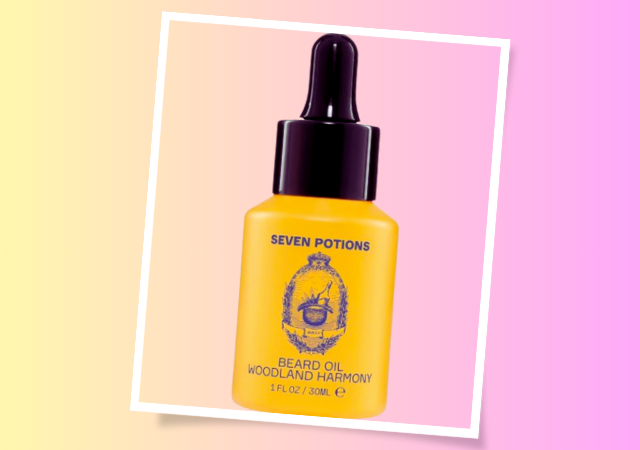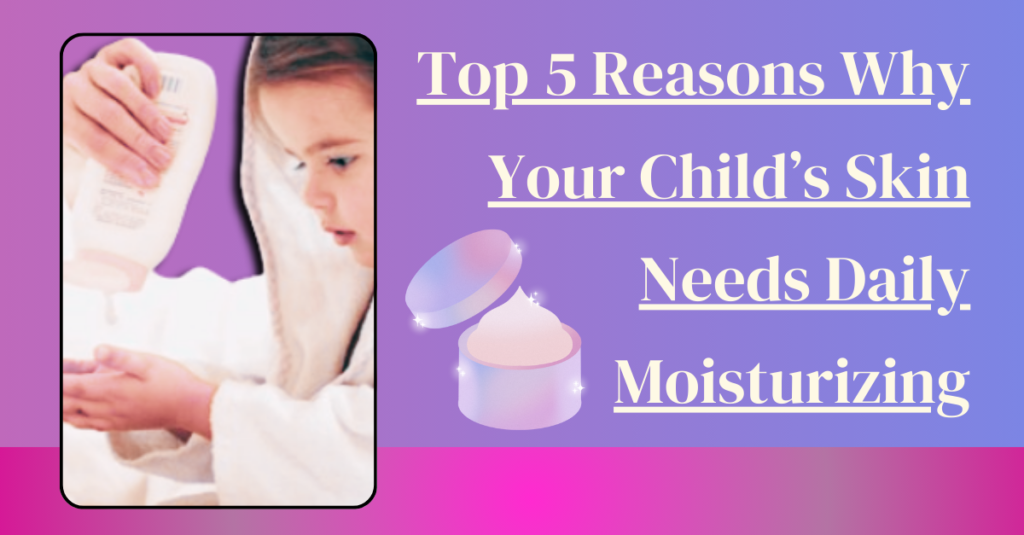Is Beard Oil Effective for Individuals with No Beard Growth?
Introduction
Beard oil has emerged as a staple product, touted for its ability to nourish, soften, and style facial hair. However, amidst its widespread acclaim, a pertinent question persists: Can beard oil work its magic for individuals with minimal or no beard growth? This inquiry delves beyond the realms of grooming routine into the territory of biological potential and product efficacy. The allure of a luscious beard often leads those with scant facial hair to seek solutions, and beard oil presents itself as a promising remedy. Yet, amidst the hype, myths and misconceptions abound.
This exploration seeks to unravel the truth behind the claims, dissecting the science, dispelling the myths, and providing practical insights. Join us on a journey through the follicular frontier as we navigate the landscape of beard oil effectiveness for those longing to unlock their facial hair potential.
Is Beard Oil Effective for Individuals with No Beard Growth? Exploring the Facts and Myths
Understanding Beard Oil:

Before delving into its efficacy, it is essential to understand what beard oil is and how it works. At its core, beard oil is a blend of carrier oils, such as jojoba oil or argan oil, and essential oils, which are specifically formulated to moisturize and condition both the facial skin and the hair follicles. The primary purpose of beard oil is to hydrate the skin beneath the beard, prevent dryness and itchiness, and soften and tame unruly facial hair. By nourishing the skin and hair follicles, beard oil can also promote healthier beard growth over time.
Factors Affecting Beard Growth:
While beard oil can play a role in promoting healthier beard growth, it is essential to recognize that the ability to grow a beard is largely determined by genetics. Some men are genetically predisposed to grow thick, full beards, while others may struggle to grow any significant facial hair at all. Hormonal influences, such as testosterone levels, also play a crucial role in determining beard growth patterns. Additionally, environmental and lifestyle factors, such as diet, stress, and sleep habits, can impact the health and growth of facial hair.
The Science Behind Beard Oil:
Despite its widespread popularity, the scientific evidence supporting the effectiveness of beard oil for stimulating beard growth is somewhat limited. However, the moisturizing and conditioning properties of beard oil have been well-documented. By hydrating the skin and hair follicles, beard oil can help prevent dryness, itchiness, and irritation, which can contribute to a healthier environment for beard growth. Furthermore, some studies have suggested that certain ingredients commonly found in beard oil, such as jojoba oil and vitamin E, may have potential benefits for hair growth and follicle health.
Debunking Myths:
One common misconception surrounding beard oil is that it has the ability to stimulate beard growth in individuals with minimal facial hair. While beard oil can certainly promote healthier beard growth by nourishing the skin and hair follicles, it cannot change a person’s genetic predisposition to grow facial hair. Additionally, some individuals may experience better results with beard oil than others, depending on factors such as skin type, hair texture, and overall health.
Practical Considerations:
For individuals with minimal or no beard growth, using beard oil may still offer several benefits. By moisturizing and conditioning the skin, beard oil can help prevent dryness, flakiness, and irritation, which are common issues for those attempting to grow a beard. Additionally, regular use of beard oil can help soften and tame existing facial hair, making it appear fuller and more manageable. However, it is essential to manage expectations and recognize that beard oil is not a miracle solution for achieving a full beard overnight.
Alternative Solutions:
In addition to beard oil, there are several alternative solutions that individuals with minimal or no beard growth may consider. Dietary changes, such as increasing protein intake and consuming foods rich in vitamins and minerals, may help support healthy hair growth. Supplements containing biotin, vitamin D, and other nutrients known to promote hair health may also be beneficial. In more severe cases, medical interventions such as hormone therapy or hair transplantation may be options worth exploring.
Testimonials and Expert Opinions:
While scientific evidence on the effectiveness of beard oil for stimulating beard growth in individuals with minimal facial hair may be lacking, anecdotal evidence and personal testimonials abound. Many men swear by the benefits of beard oil for promoting healthier, fuller beard growth, regardless of their starting point. Additionally, experts in the field of dermatology and male grooming often recommend beard oil as part of a comprehensive beard care routine, emphasizing its moisturizing and conditioning properties.
Conclusion (Is Beard Oil Effective for Individuals with No Beard Growth?)

My name is Rohit Vagh and I’m a content writer specializing in fashion and lifestyle. I have three years of experience in this field and have written various articles. My writing style is creative and engaging, and I strive to create content that resonates with my readers. I have a deep passion for fashion and am constantly researching the latest trends and styles to make sure my readers are up to date. I’m excited to continue my career in blogging, and I’m always looking for new opportunities in the fashion and lifestyle space.





